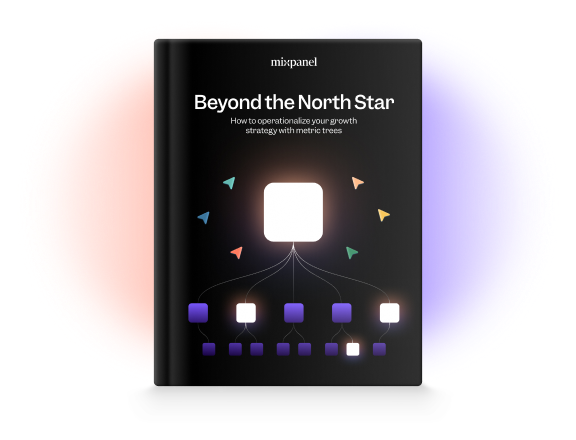This pitch deck got our startup a $865M valuation in 2014
Update: Read about Mixpanel’s Series C funding and unicorn valuation here!
Today, we’re going to open-source the pitch deck that led to our $65M round and the $865M valuation for the company in 2014.
So many people have helped us either directly or indirectly along our journey that we’d like to pay it forward to other startups who aren’t sure how to get started as they go out to raise money for the first time.
When Tim and I first went to go pitch our company to investors in 2009 (right after the recession hit), we hopped on the Caltrain, rode our bikes down Sand Hill Road, and talked to 10 investors who all categorically told us “No.” A few of them even wanted to replace the CEO of our company (we didn’t know who would be CEO yet!). At that time, we hadn’t quite realized we even needed an official pitch deck. And when we did build a deck, we had no idea how to construct one intelligently. We really struggled.
This is not perfect for all companies; you may need something totally different if you’re at a different stage or running a different type of company. We think this is a deck that you can use to answer most questions investors will ask you (in SaaS) and is set up to help you articulate a story to investors that’s compelling. If I had to wager, the thing that is truly most important to investors (who will all tell you it’s “vision” or “team”) is how personally interested they are in your space and idea–after all, they have to think about how they spend their time, too. Even with the best deck, you will still need to be great at selling your idea as to why it’s so exciting and interesting–it just takes practice.
What you’ll need post-pitch deck
If you’re a SaaS company that has already raised a seed round, there are a couple more things you’re going to need beyond this pitch deck that investors will ask you to compile during their diligence phase:
- P&L
- Later stage: a sophisticated quarter by quarter sales model (past, present, and future)
- A simple financial forecast 12-18 months out (smart investors will know you’re mostly making it up anyway beyond that time period)
- Your top 50 customers’ spend (we included their vertical and company size since we had it)
This should be enough to earn you a term sheet and to know whether what’s being asked of you is a reasonable amount of diligence. Historically, this was tough for us since–we were never sure whether investors were delaying because they weren’t sure about us or if we didn’t put together enough information for them to make a decision.
One more thing…
Finally, the last important piece of advice I can offer is to only have one founder focused on raising money while the other founders are focused on building the company. Tim and I had a relationship where he wouldn’t check in on how things were proceeding but I would let him know if anything material happened. This kept fundraising from distracting the whole company.
Good luck and enjoy the struggle. You wouldn’t do it if it were easy!


